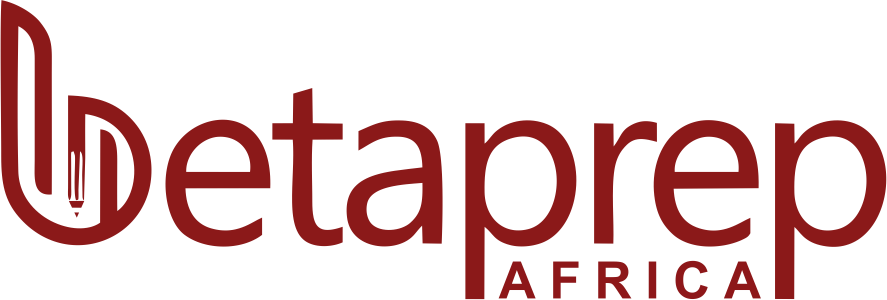When addressing alcohol abuse and dependence, MET has been shown to be a potent tool in improving clients’ readiness to reduce or stop alcohol consumption. The approach helps individuals analyze the negative impact of their alcohol use while reinforcing the positive aspects of sobriety. It also serves as a critical component in comprehensive treatment programs that aim to reduce alcohol-related harm. Developing discrepancy is key to helping individuals recognize how their current behaviors conflict with their personal values or goals. By amplifying this awareness, we guide clients to consider the advantages of change versus the costs of staying the same.
The aim of the combined Motivational Interviewing and Motivational Enhancement Therapy is to increase patient motivation and commitment to reduce or quit using substances – usually over the course of 3 to 4 sessions. With this increased commitment to change, the patient is believed to be able to mobilize their own internal and external resources to facilitate change. Motivational Interviewing (MI) is a counseling approach designed to help individuals resolve ambivalence about their alcohol and/or drug use, and support efforts to change it. Motivational Enhancement Therapy (MET) has specific applications and demonstrated effectiveness in several areas related to behavioral change, particularly in substance use and addiction recovery. Supporting self-efficacy is crucial for empowering clients to believe in their ability to change.
What is Motivational Enhancement Therapy (MET)?
An important part of the process of moving from the pre-contemplation stage to contemplation is to develop discrepancy. This is the process of realizing the impact that substance use is having on the client’s life. The discrepancy lies between where the client would like to be and the reality of where they are. The first and one of the most powerful therapeutic techniques is to express empathy to the client. It is critical to establish a trusting relationship in the MET program quickly because it is short term.
The Motivational Interviewing Network of Trainers (MINT) offers a certification process for professionals who have completed an approved MI training program and demonstrate proficiency in MI techniques. Motivational interviewing (MI) is a client-centered, directive counseling approach that aims to enhance motivation for change by exploring an individual’s ambivalence and fostering their self-efficacy. Developed by clinical psychologists William R. Miller and Stephen Rollnick in the early 1980s, MI laid the foundation for the creation of https://trading-market.org/alcoholic-ketoacidosis-information-new-york/.
Financial support and sponsorship
MET must be adaptable to different cultural and individual contexts to be effective. We recognize the significance of cultural competence in our practice, incorporating cultural values and beliefs into therapy to resonate with the client’s lived experience. MASH Certified Sober Homes Join the thousands of people that have called a treatment provider for rehab information. Continuing education is crucial for maintaining and enhancing therapists’ skills in MET and staying current with the latest research and developments in the field.
The addition of MET may help improve an individual’s treatment adherence, retention, and outcome. When a client is ready to change, the language that they use is described as preparatory. The client expresses desire, talks about their ability to change, will indicate their reasons for change, and describe the need for change. “When MET is done properly, the client and not the therapist voices the arguments for change” (Miller, 1992, p. 8). It is important during the MET process that the client not be put into a defensive posture. Argument and pressure from the therapist may create this and can break down the trust that was established.
